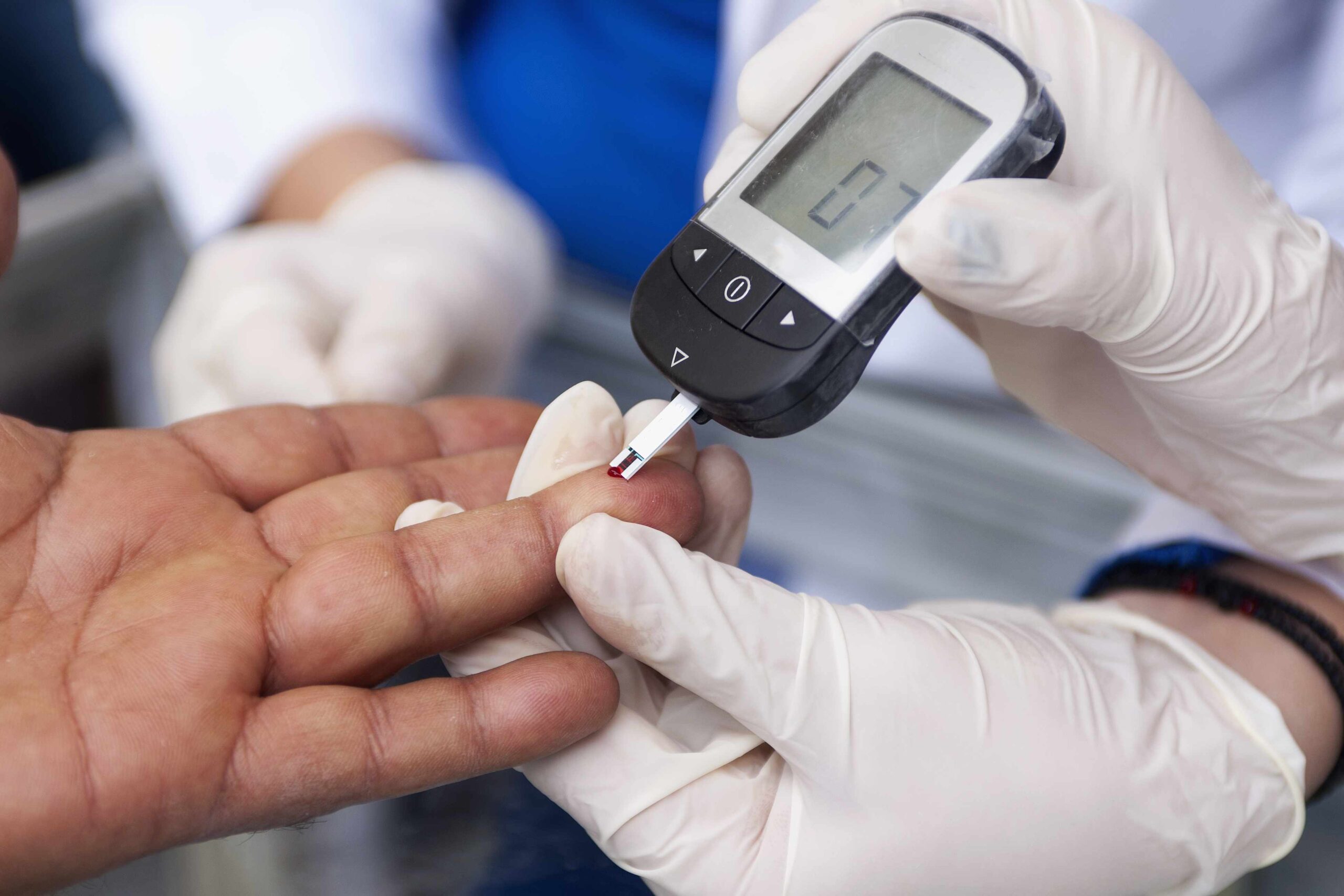As the Uganda ministry of health struggles with infectious disease outbreaks amongst its populations, the addition of Diabetes to already available non-communicable diseases, is creating more fear and causing uncertainties according to the International Diabetes Federation (IDF) Atlas.
According to several reports, the rise in the cases of diabetes is mostly attributed to the rapid change of dietary practices in the continent with processed and imported pre-packaged foods taking on the markets in Africa these pre-packed foods have added sugars with a high glycemic index compared to the fresh foods grown here.
According to IDF, numbers of people living with diabetes are expected to increase significantly by 2040, though, the same doesn’t specify whether, only type 2 diabetes will double.
IDF further projects that, the total number of people living with diabetes will rise to 643 million by 2030 and 783 million by 2045.
The burden of diabetes has posed a big challenge to the sub-Saharan Africa with the number of the persons majorly leaving with diabetes type 2 and, an average prevalence of 4% for adults 20-79 years of age, 48% of Ugandans are un aware of their status for diabetes, making Uganda vulnerable.
There are two types of diabetes; type 1 and type2 with each having identical cause(s) and signs: type 1 sets in early in life than type 2 and is as a result of the body’s immune system attacking insulin (a hormone) producing cells, patients
with this type of diabetes become insulin dependent for survival for the rest of their lives while type 2 diabetes comes about when the body develops resistance to the hormone insulin or does not produce enough insulin, it can also be associated with life style, and hence life style modification can improve the outcome of the disease.
Ugandan dining tables were formerly dominated with natural and fresh foods, apparently, the sedentary life style with a biggest population spending many hours in-active collectively as a social changing community, abusive and excessive use of internet has created a shortcut to most lifestyle diseases invading the Ugandan communities than expected.
Dr Juliet kiguli, Public Health Researcher, Prof Makerere University, says that, adopting western food against our natural and fresh food has proved to be one of the major causes of the rise of diabetes cases.
“n the past, the prevalence of diabetes was higher in the urban and was regarded as the disease for the rich and town dwellers, however there has been a gradual and steady shift in social life style where the current evidence is pointing to almost an equal prevalence in both the urban and rural presence of the disease because commercial and processed foods are now widely consumed even in the rural parts of the country and most Ugandans are more inactive than before”. Dr Juliet kiguli, noted.
It has also been confirmed, that, the cultural beliefs in the prevention, diagnosis and treatment of diabetes has worsened the management and of the illness with most of the cases identified at a late stage and some patients are diverted and misled by traditional healers, herbalists who most cases focus on the symptoms not the cause and possible complications caused by the disease.
Also, some of the risk factors discovered include obesity, age, family history, lifestyle among others, while its treatment is long time, it requires a collaboration and commitment from the patient and family to the medical team which involves taking anti-diabetic drugs like metformin, injection of insulin, monitoring blood sugar levels and lifestyle modification among others.
According to the Minimum Healthcare Package (MHCP) and Universal Health Coverage (UHC) there is a chance for Uganda to combat the burden of this gradual killer disease through regular public rightful information sharing about diabetes by medical experts, peripheral facilities being equipped with the equipment, staff trained and efficient to handle the delicate population at risk of developing diabetes in the community.
If, no appropriate public health measures are put in place to improve the social, cultural, religious beliefs towards diabetes, its prevention will not be achieved.
By; Johnson Rio Ochuma
Digitalk TV, Stringer.
